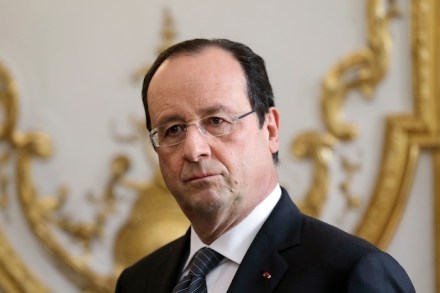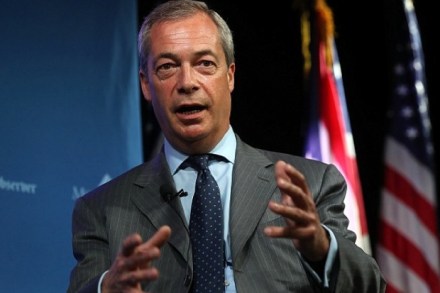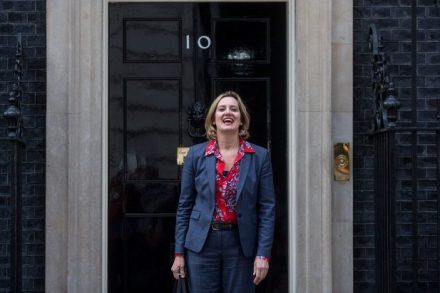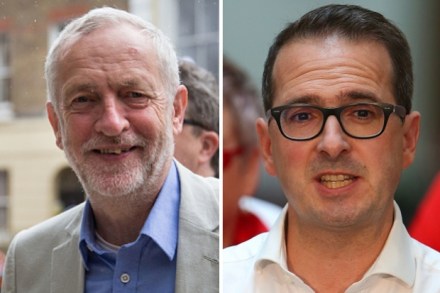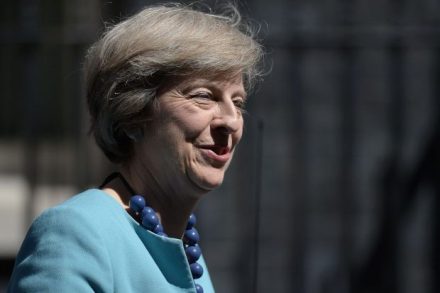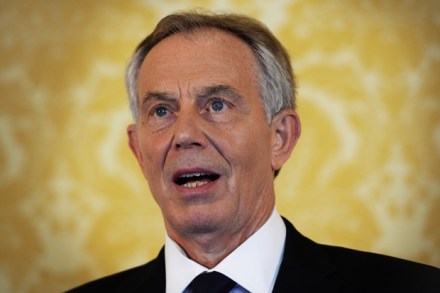Why Prime Minister May has been a surprise
As we come to the end of Theresa May’s first full week as Prime Minister, she hasn’t quite been the Prime Minister Westminster was expecting. As I say in The Sun today, even her supporters thought that she would be solid, dependable but a bit dull—as befits someone whose sporting hero is Geoffrey Boycott. But May has shown quite a bit of flair in the last few days. She swept Jeremy Corbyn for six at PMQs on Wednesday; demonstrating a comic timing that we hadn’t seen from her before. On her European tour this week, she confidently showed off her language skills. So, what’s going on? Well, those who have



